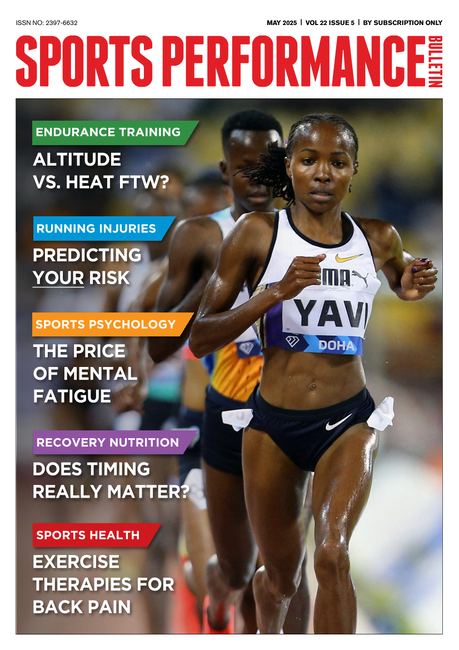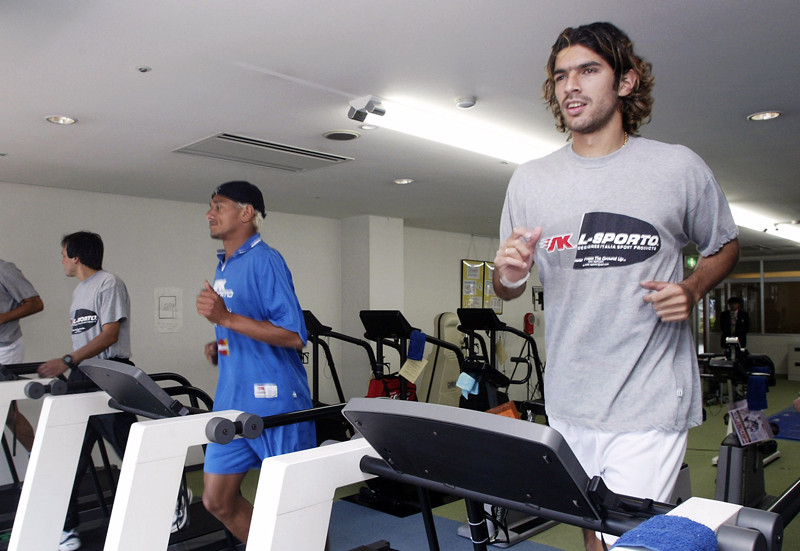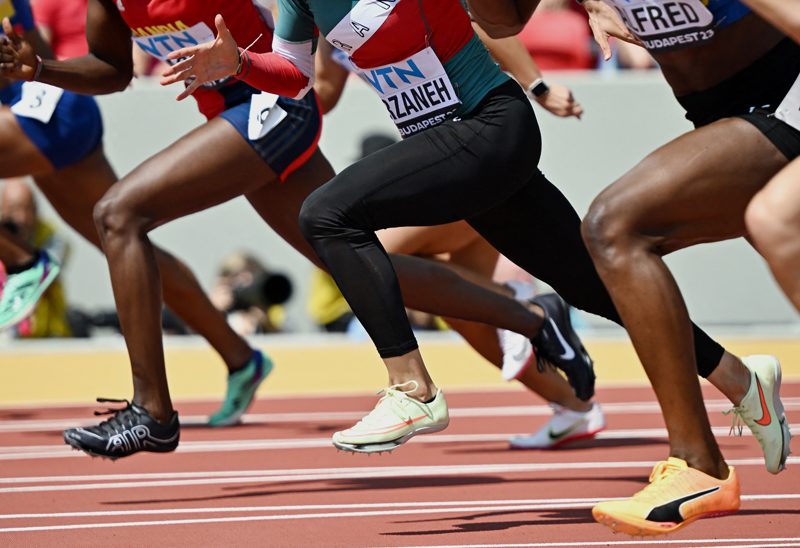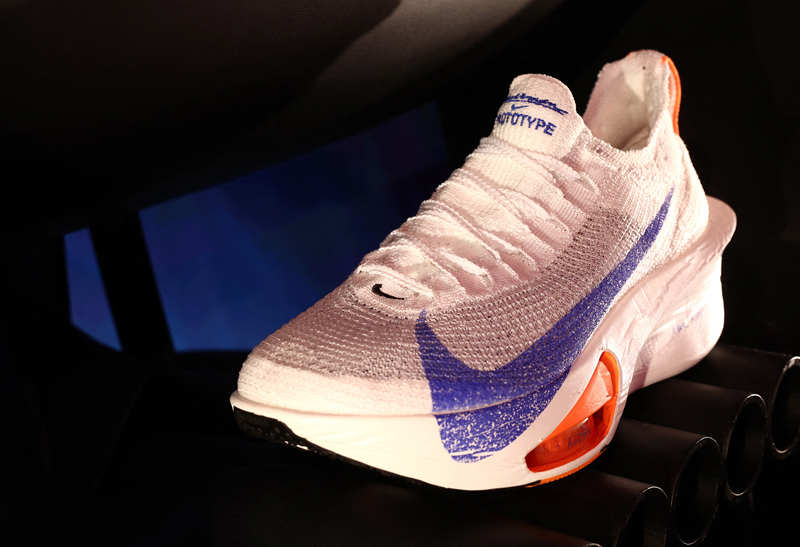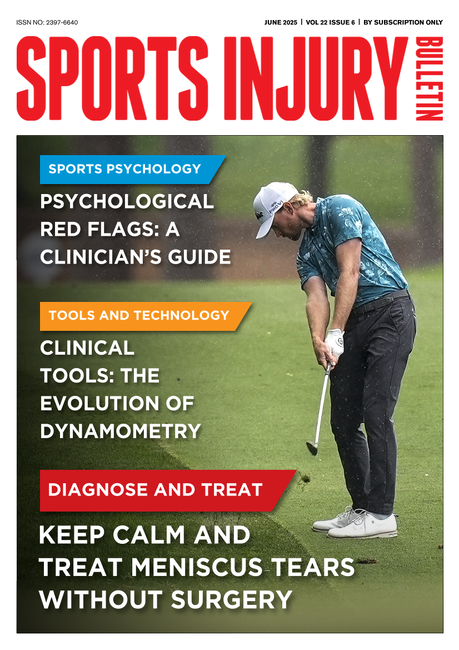Prepare for action: why expectations matter!
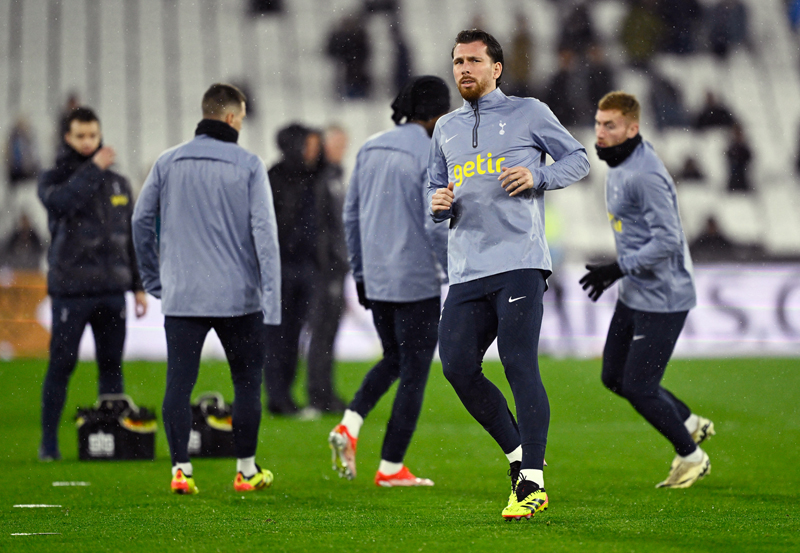
The ‘placebo effect’ has long been documented in medicine. Essentially this effect occurs when the mere belief that a medicine or some other form of treatment will provide benefits, actually produces benefits, even if that treatment or medicine is nothing more than a sham - a completely inert substance that could not possibly benefit the patient in any physiological way. But the placebo effect doesn’t just occur in medicine. When maximizing physical performance is the goal, athletes are often seduced by the placebo effect, spending large amounts of money on products or strategies where there is no solid evidence that a particular treatment provides meaningful physiological performance benefits.
Sports nutrition and the placebo effect
The placebo effect in sports nutrition is very powerful and relevant for athletes. Studies clearly show that giving a completely inert pill boosts performance compared to giving no pill or treatment at all, even when athletes understand that the placebo pill could not have exerted any physiological effects whatsoever(1)! The implication of this finding is that even when a sports supplement possesses a real physiological boost to performance, some of that performance boost comes from the mere act of taking a pill. Indeed, it even turns out that the physical characteristics of a supplement and the amount of choice in the decision to take it (ie whether it’s your choice or on the recommendation of a coach/trainer) can determine the extent of the placebo effect you will receive(2,3).
In a recent SPB article, we also highlighted research showing that the ‘nocebo’ effect is powerful in sports nutrition too(4). Essentially, the nocebo effect is the reverse of the placebo effect, where an athlete performs more poorly because he/she believes that something they are taking will harm performance - when in reality there is no way a harmful effect could occur. For example, an athlete who regularly consumes a certain brand of oat cereal for breakfast might believe that a different brand of oat cereal results in less energy during morning training (and therefore perceive more fatigue), even if both cereals are actually produced by the same manufacturer in the same factory using identical ingredients with identical processing. The nocebo effect can also be observed in other aspects of athletes’ behaviours(5) – for example an athlete who believes that he/she performs better when tying left shoe laces before right, doesn’t follow this procedure, and then feels worse during training/competition as a result!
The placebo effect and communication
If an athlete’s beliefs and expectations about a supplement can affect subsequent performance, the obvious question is whether a placebo effect can occur merely by verbal communication and feedback that induces certain beliefs and expectations? Intuitively, you might expect this to be true and research to date suggests that this is indeed the case.
Studies have found that verbally-induced expectations and beliefs about an athlete’s own abilities and the effectiveness of ergogenic aids were shown to exert both positive (placebo) and negative (nocebo) effects on motor performance(6). This verbally-induced ‘treatment’ to produce a placebo effect can be either explicit or implicit(7).
When the communication is explicit, athletes are told outright that a certain strategy or treatment will produce benefits (or harms in the case of a nocebo effect). Implicit communication on the other hand merely hints at an effect and leaves the athletes to connect up the dots. Explicit verbal information to an athlete produces a stronger placebo effect than implicit information, and fairly recent research also shows that when verbal suggestions are combined with a ‘conditioning treatment’ (ie verbal information is given and then an athlete carries out a pre-exercise task based on that information), an even stronger placebo effect can be induced that verbal feedback alone(8).
Warming up: beliefs and expectations
If verbal information and advice can exert a placebo effect before a bout of exercise, perhaps the ideal opportunity to apply this effect is in a pre-exercise warm up? After all, a warm-up supervised by a coach or trainer provides the opportunity to impart explicit information conducive to a placebo effect, and then reinforce that information with a conditioning treatment – ie the actual warm up exercises themselves. To test this theory, a team of Italian scientists have carried out a study on the placebo effect of a warm up, the results of which have just been published(9).
New research
Published in the journal ‘Psychology or Sport and Exercise’, this research investigated the effects of a pre-running task warm up that was known NOT to enhance performance (ie a placebo) combined with verbal instructions designed to reinforce the placebo effect. Twenty-six recreationally trained university students, with an average weekly training volume of about 150 minutes per week, were enrolled for the study and divided into two groups – placebo (5 females, 8 males) and control (6 females, 7 males). In this investigation, all the participants performed three sessions (as outlined in figure 1). These sessions were as follows:
1. In Session #1, all the participants performed the Cooper Test to determine participants’ training level.
2. In Session #2 (a baseline session), all the participants first performed a general running-oriented warm-up. This warm-up consisted of 10 minutes of running at an intensity corresponding to 60% of VO2max plus 10 minutes of lower limb dynamic stretching exercises and 4 × 10m sprints. After this, there followed a repeated sprint interval test until exhaustion was reached. This test comprised of all-out 30-second running intervals, with rests of three minutes in between each sprint.
3. In session #3, the participants performed the same repeated sprint interval test as in session #2, but this time the warm-up was not a general running warm up but instead the FIFA 11+ warm-up (see here for a full description of warm up –up exercises). This warm-up, while known to help reduce injuries in soccer players, does NOT enhance running performance compared to a running-oriented warm up(10).
When it came to performing the repeated sprint interval test in session #3, this was where the students received either a placebo or a control condition. In the placebo group, the students received verbal suggestions to manipulate their expectations of the FIFA11+ warm-up effectiveness in improving performance. This verbal suggestion was a follows: “The FIFA 11+ warm-up will improve your performance compared to the general running warm-up carried out in Session 2”. In addition, during each sprint interval recovery bout, deceptive feedback was given to the students (ie they were lied to!). This feedback was along the lines of “Your performance in session #3 is improving compared to session #2”. In the control group meanwhile (which had also performed the FIFA 11+ warm-up, NO verbal suggestions were given about it enhancing performance and no deceptive feedback was given at any point during the sprint-interval test.
Figure 1: Schematic showing the overall study design
You need to be logged in to continue reading.
Please register for limited access or take a 30-day risk-free trial of Sports Performance Bulletin to experience the full benefits of a subscription. TAKE A RISK-FREE TRIAL
TAKE A RISK-FREE TRIAL
Newsletter Sign Up
Testimonials
Dr. Alexandra Fandetti-Robin, Back & Body Chiropractic
Elspeth Cowell MSCh DpodM SRCh HCPC reg
William Hunter, Nuffield Health
Newsletter Sign Up
Coaches Testimonials
Dr. Alexandra Fandetti-Robin, Back & Body Chiropractic
Elspeth Cowell MSCh DpodM SRCh HCPC reg
William Hunter, Nuffield Health
Keep up with latest sports science research and apply it to maximize performance
Today you have the chance to join a group of athletes, and sports coaches/trainers who all have something special in common...
They use the latest research to improve performance for themselves and their clients - both athletes and sports teams - with help from global specialists in the fields of sports science, sports medicine and sports psychology.
They do this by reading Sports Performance Bulletin, an easy-to-digest but serious-minded journal dedicated to high performance sports. SPB offers a wealth of information and insight into the latest research, in an easily-accessible and understood format, along with a wealth of practical recommendations.
*includes 3 coaching manuals
Get Inspired
All the latest techniques and approaches
Sports Performance Bulletin helps dedicated endurance athletes improve their performance. Sense-checking the latest sports science research, and sourcing evidence and case studies to support findings, Sports Performance Bulletin turns proven insights into easily digestible practical advice. Supporting athletes, coaches and professionals who wish to ensure their guidance and programmes are kept right up to date and based on credible science.


